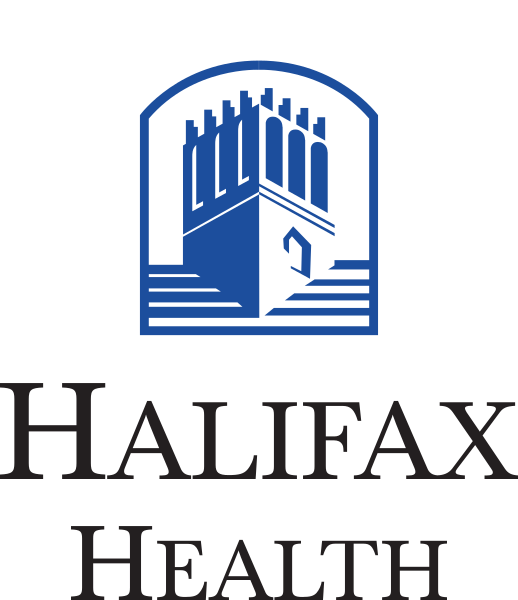Physical Therapy
The physical therapist’s primary goal is to help patients increase their ability to move about purposefully in their environment. To achieve that goal, they evaluate the patients’ needs and help design a program along with other team members to meet those needs. The goal of the program is to help patients become more independent in activities such as getting in and out of bed, operating a wheelchair, and walking. Physical therapists assist patients with exercises that focus on improving patients’ body mechanics, flexibility, balance, coordination, strength and endurance. They help patients with training in walking and mobility in the community, wheelchair training, home-exercise programs, and injury-prevention education. They also direct activities such as exercise and casting to keep joints flexible and sensorimotor stimulation to provide patients with normal sensations and normal movements. This stimulation enables the brain to receive information and interpret it so that patients are able to redevelop muscle tone, strength, balance, and coordination.
Occupational Therapy
Occupational therapists assist patients in restoring their ability to participate in the activities of daily living such as hygiene, grooming, dressing, eating, and bathing. They evaluate and help develop the many skills patients need to function in their daily life.
Occupational therapists are also specifically concerned with patients’ ability to use their arms and hands. Patients are taught exercises to increase muscle tone, strength, and coordination to improve the function of their arms and hands.
Occupational therapists work with patients while they perform self-care tasks so that the therapists can help patients apply what they are learning to practical, everyday activities and to gauge their progress toward independence.
Speech/Language Pathology
Speech pathologists help patients improve their communication skills, cognitive functioning, and swallowing abilities. They help patients work on their ability to speak, to understand speech, and to read and write. Material may be used to develop patients’ attention, concentration, memory, ability to plan and to organize thoughts, and their ability to improve problem solving, reasoning, and judgment skills. On admission to the rehabilitation program, patients may be evaluated by a speech-language pathologist to determine whether they have communication, cognitive, or swallowing problems. Patients’ hearing may be screened to see whether they need further evaluation by an audiologist.
After the evaluation, the speech pathologist develops an individual treatment program to address the specific needs of patients. The length and number of sessions vary according to each patient’s needs. Family members are encouraged to attend these sessions so that they may receive information and counseling to help them assist with the patient’s communication, cognitive, and swallowing needs.

